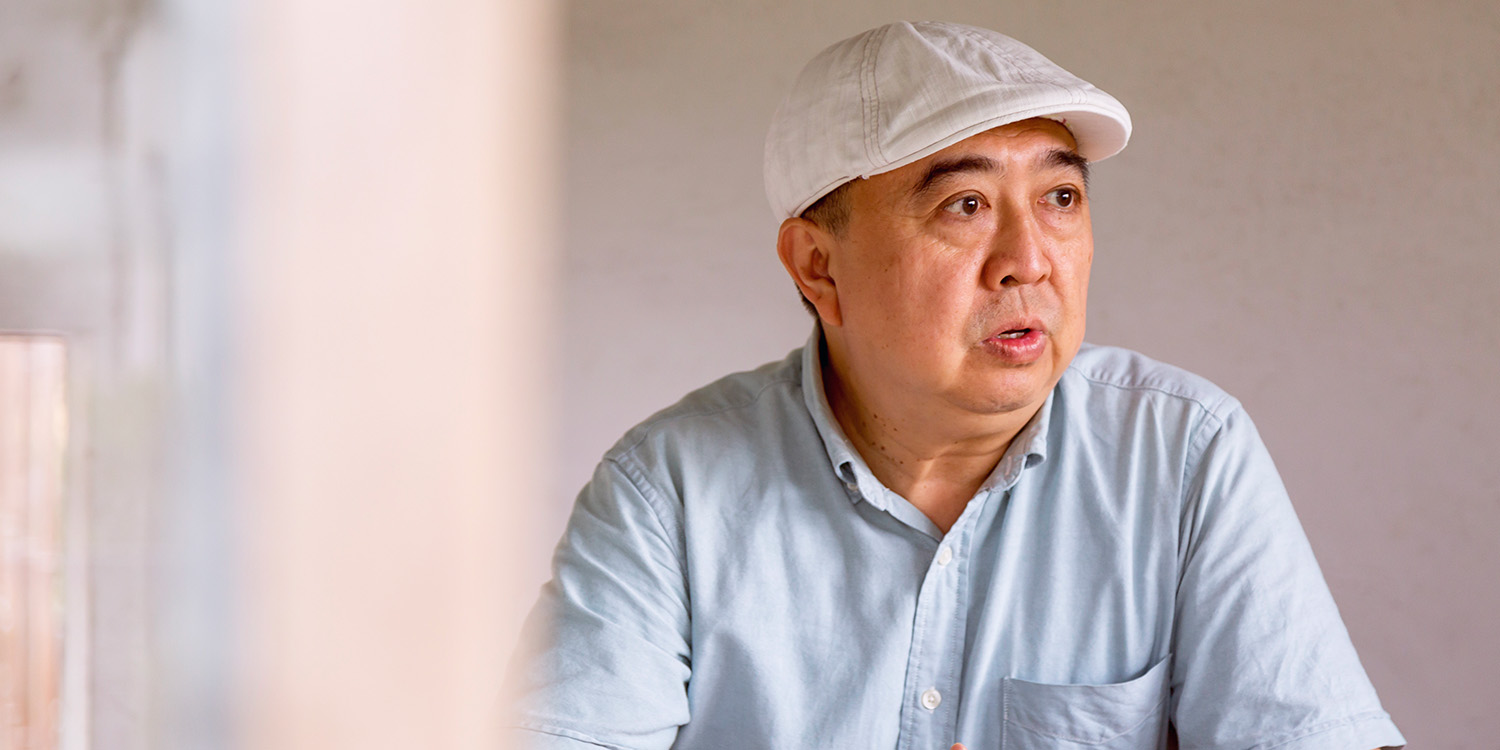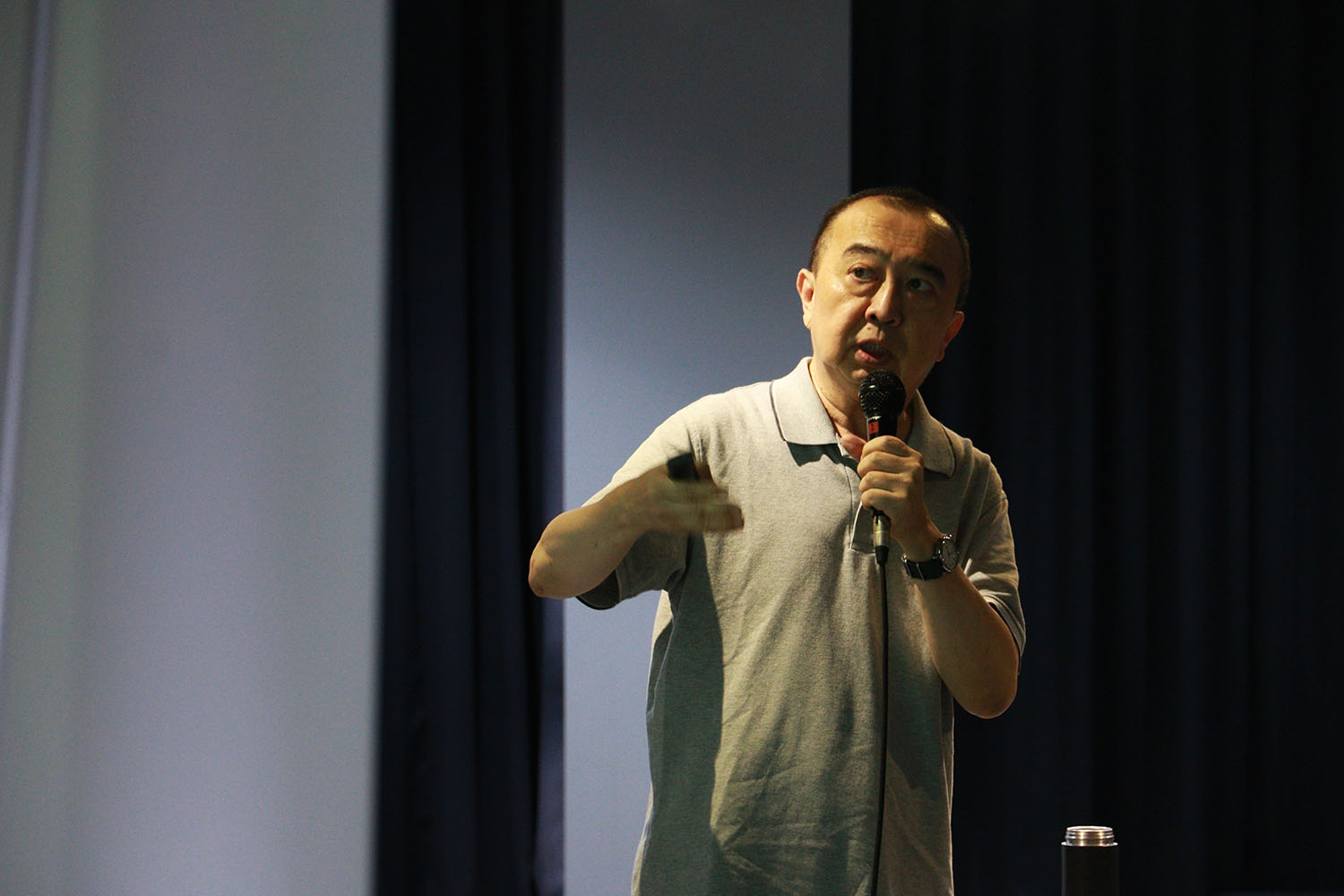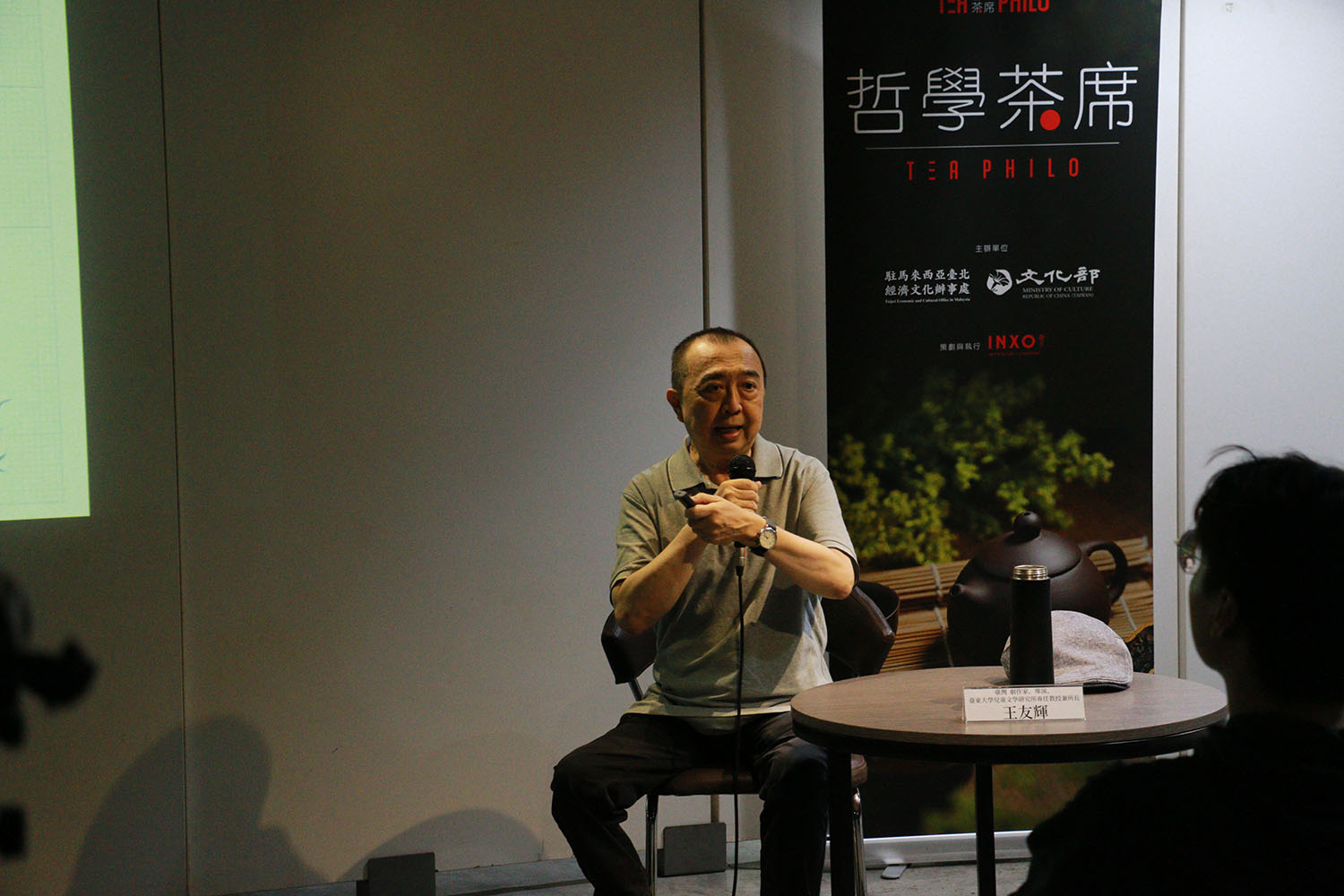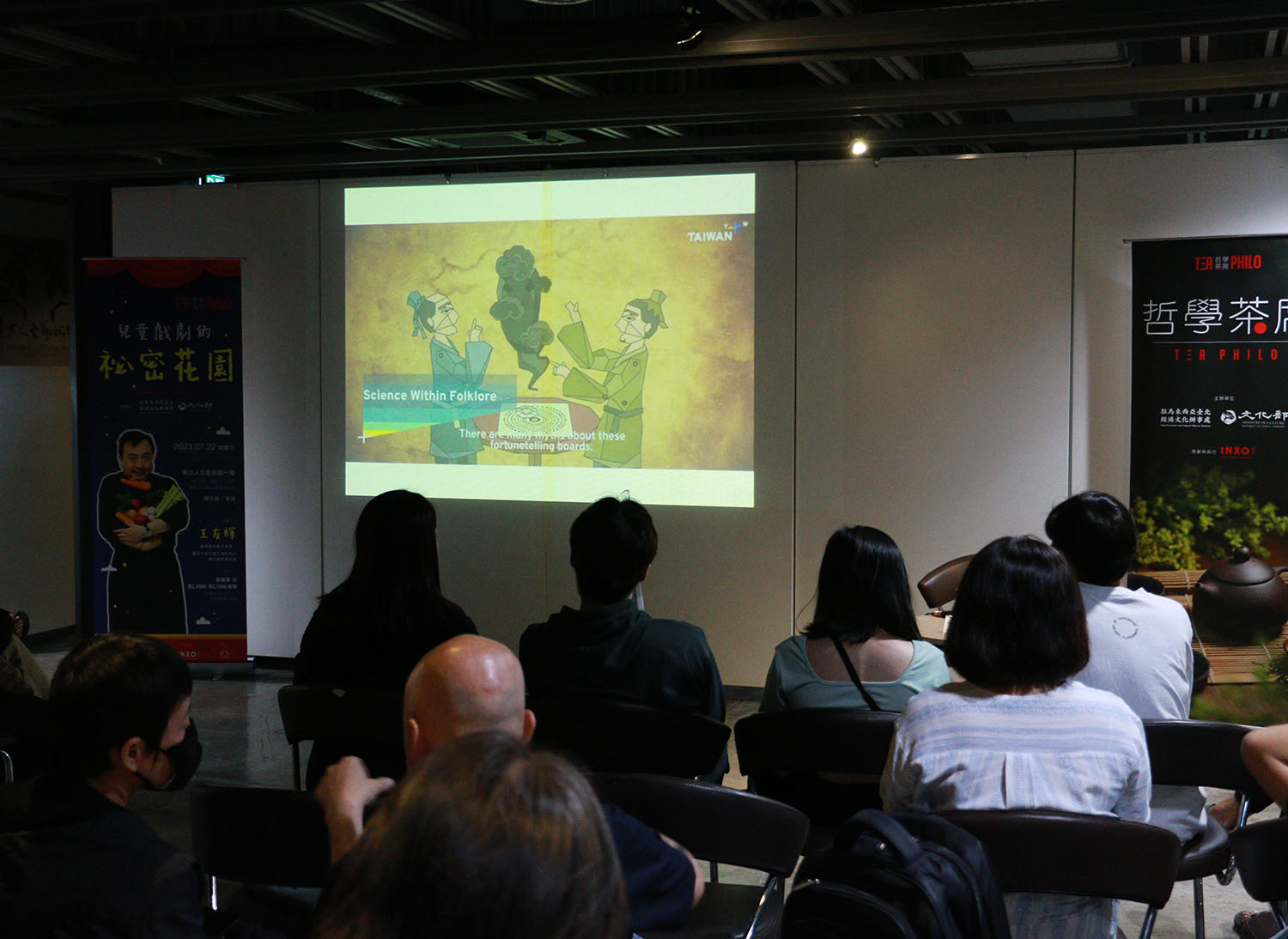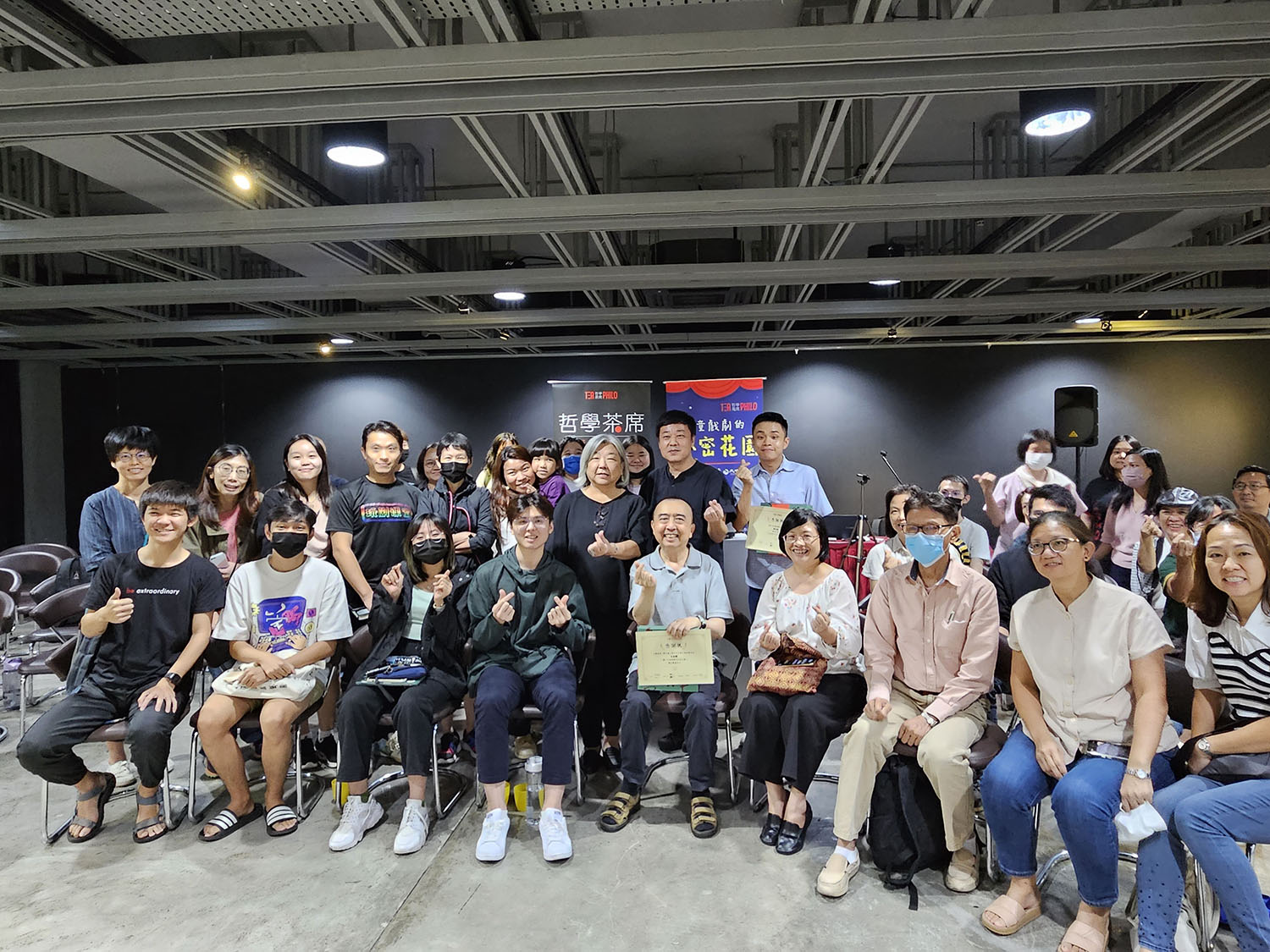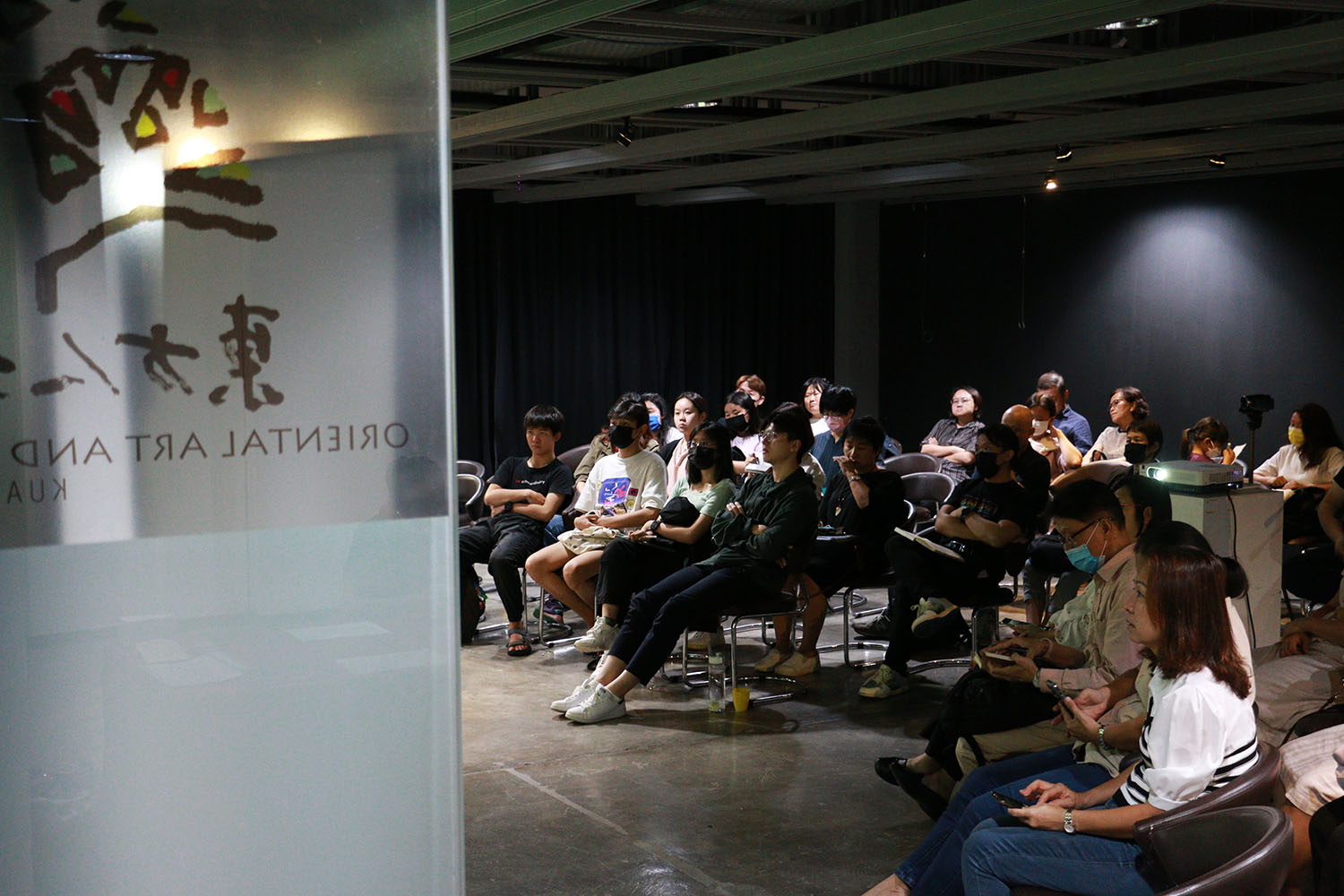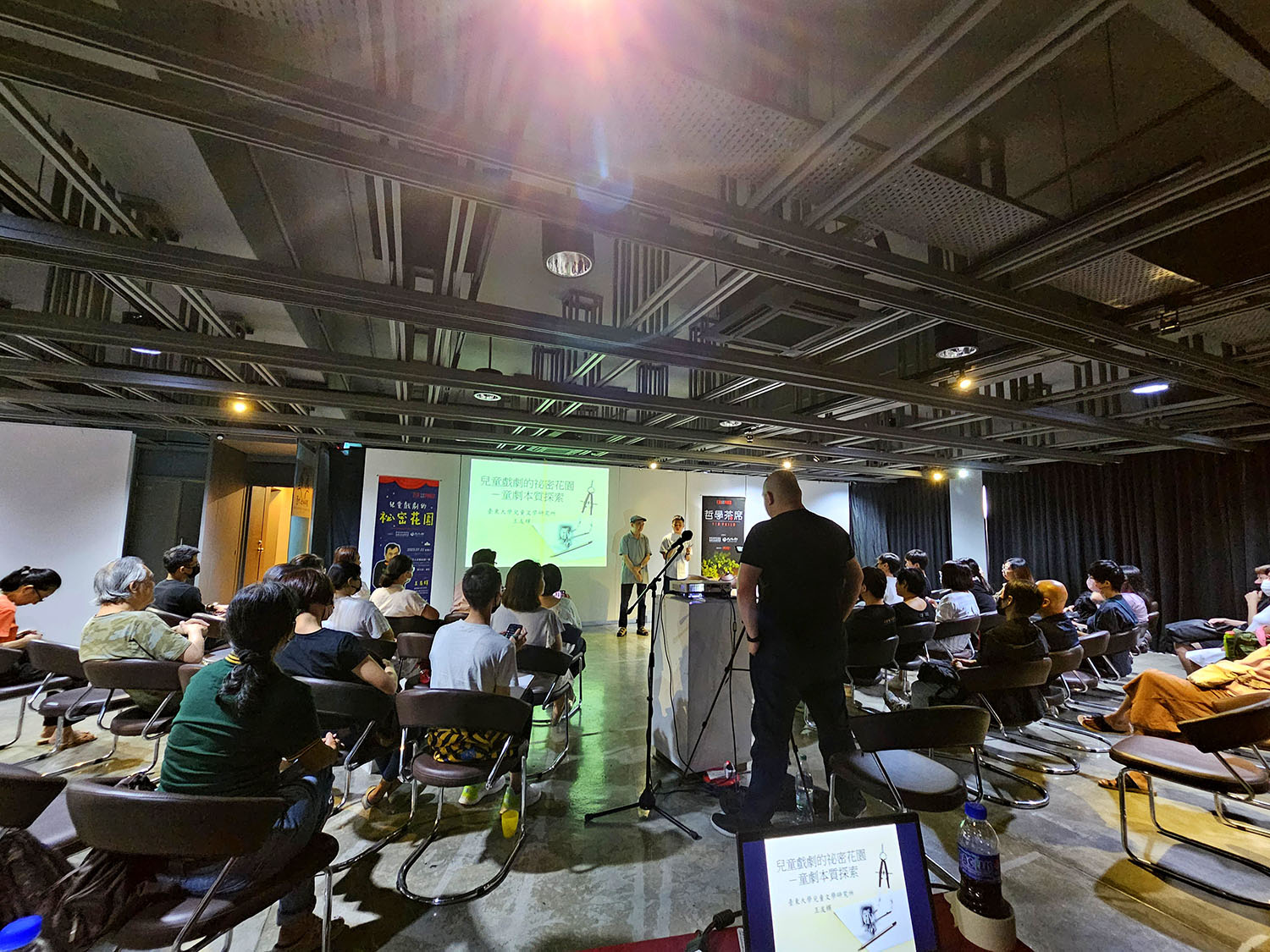Tea Philo 2023
The Secret Garden of Children’s Theatre
【Tea Philo】61
Date:22/07/2023 (Sat)
Time:3pm – 5pm
Venue:Oriental Art & Cultural Center, 1st floor, Jalan 1/137C, Batu, 5, Old Klang Road.
Tea Philo 61 Talk: Professor Wang Yuhui Explores the Essence and Potential of Children’s Theatre
Organised by the Taipei Economic and Cultural Office in Malaysia and produced by the INXO Arts & Culture (L) Foundation, Tea Philo is a series of sharing sessions revolving around the discussion of philosophies and humanities. Luminaries from Taiwan are invited to share their experiences and engage with the Malaysian audience to encourage exchanges of ideas and experience. The 61st edition of Tea Philo talk featured Professor Wang Yu-hui as guest speaker.
Professor Wang is a well-known Taiwanese dramaturge, playwright, director, actor, and Professor and the Chairman of The Graduate Institute of Children’s Literature at National Taitung University. His talk titled “The Secret Garden of Children’s Theatre” was held at the Oriental Art & Cultural Center on 22nd July 2023. The sharing was conducted in Mandarin and moderated by the CEO of Greenhopper Theatre, Tan Chee Ken, who is a theatre director, playwright, actor, producer, and educator.
“What is the nature of children’s theatre, and how does it differ from adult theatre?” Professor Wang began his sharing by posing this question to the audience. He explained that one can approach the topic of children’s theatre from four perspectives to understand its essence and explore its possibilities: firstly, by investigating different kinds of categorisations of children’s theatre; secondly, by considering the perspective of curriculum and pedagogy; thirdly, by examining it in context of its history and development; and lastly, by analysing it in terms and frameworks of drama arts.
Professor Wang elaborated on each perspective while sharing video clips and references from various children’s theatre works and relevant materials, including Tiny Performers of Lady White Snake, a Children’s Peking Opera of The Orphan of Zhao, Peter Pan, and more.
“Children’s theatre has been performed ‘by children’, ‘for children’ and ‘with children’,” he added. “The difference lies in the degree and form of participation of the children involved.”
Professor Wang further introduced the educational aspect of children’s theatre activities by citing the three “objectives of creative drama curriculum” as proposed by scholar Mei-Chun Lin: “The first objective is to help students ‘learn about drama’―acquire knowledge of all aspects of drama, be it theatre, text, scriptwriting, directing, acting, staging, designing, etc―by participating in drama curriculum. The second objective is to encourage participants to ‘learn about self through drama’, as they further their understanding of themselves and other human beings through practicing expression and interaction within the setting of drama lessons. The third objective is to help participants ‘learn through drama’―gain knowledge of other issues or subjects in the world, such as mathematics. These three objectives can be combined in drama curriculum to help a child grow more holistically.”
In Professor Wang’s opinion, children’s theatre ought to have educational meaning, contain entertaining aspects, encourage imagination, and retain the playful nature of children.
“When we always remind ourselves of the subjectivity of the child, focus on children’s youthful perception of the world, try to see the world through their eyes, understand the world with their logic, and interpret the world with their values, we may be able to open up a new window of vision for the child through drama,” concluded Professor Wang.


